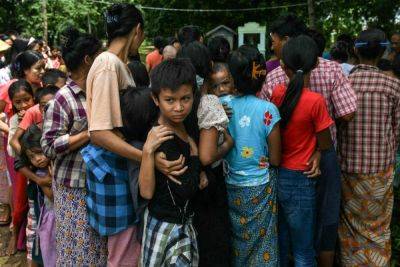Seven million friends
My “seven million friends” is a hyperbolic reference my daughter coined while I was working around my schedule for possible get-togethers with friends in between the primary purpose for my homecoming.
For a Gen Z’er, it’s quite puzzling and unthinkable how I, who’s not on social media, could remain in touch with people I grew up with, have met while traveling domestically or while living elsewhere in the world. How could someone who’s geographically unsettled forge enduring friendships and reconnect with them easily?
Then as if in a paradoxical coincidence, The New York Times came up with the piece, “5 Ways to Make Friends (Without Joining a Book Club).” As a temporary resident of New York, where work-life balance and maintaining social connections remain a challenge, I empathize with the purpose and context of the article. The story is premised on the idea that we human beings naturally “crave more friendship and community,” a fundamental element to our survival and well-being. I also look at the story as a timely response to one of the alarming ills currently plaguing American society: isolation and loneliness. It has reached a disconcerting level (it directly impacts on the mental health of many Americans across all ages), the US Surgeon General issued a warning on how the malady could be damaging, if not addressed with urgency.
By interviewing a “friendship coach” (a term that’s quite frankly Greek to me) and other experts, the author came up with five workable strategies to make friends. Among the five, two stand out for me: the first is to begin with an exercise while the second is to “get closer to your neighbors.” The former does not refer to a physical activity, but to a practice in self-reflection of what presently defines us. If I were to follow the author’s advice, my exercise would start by recognizing, “I am a wanderer” who, by force of circumstances, moves from one place to another with my family. Understanding who we are and our current realities, the NYT article claims, could help us gravitate towards friend groups who share the same values and experiences as ours.
Considering the nature of neighborhoods (predominantly buildings) in multi-ethnic







